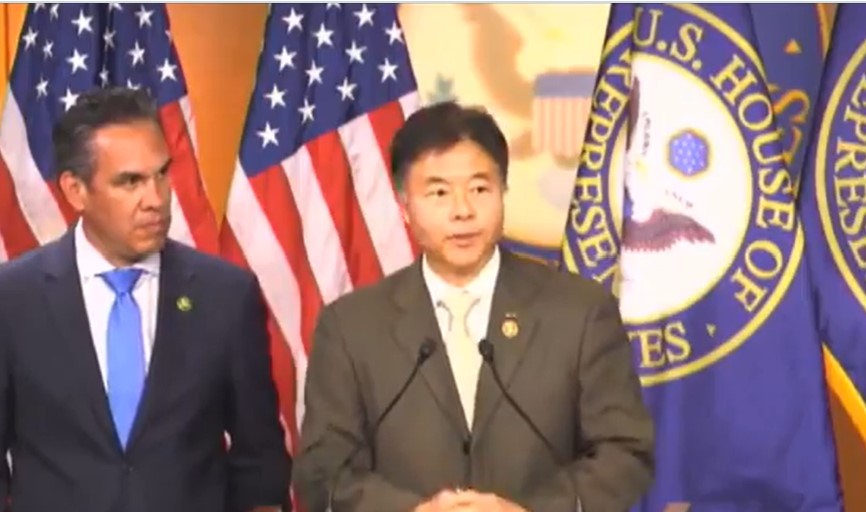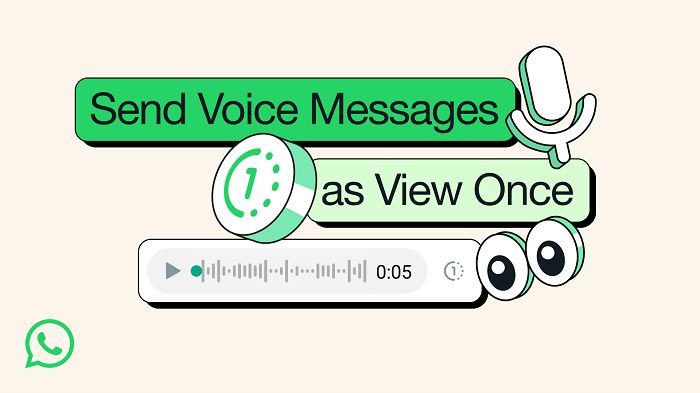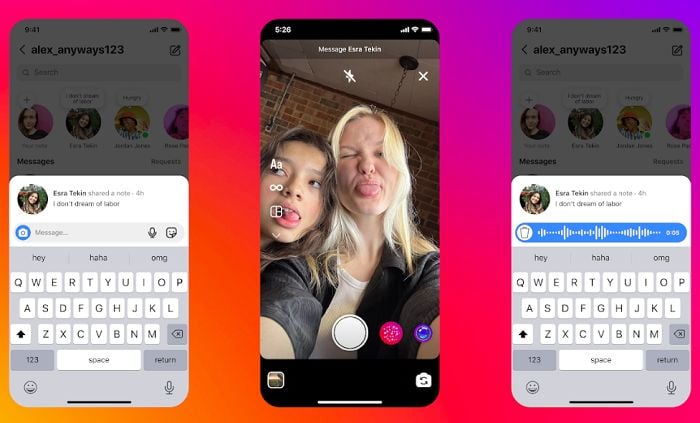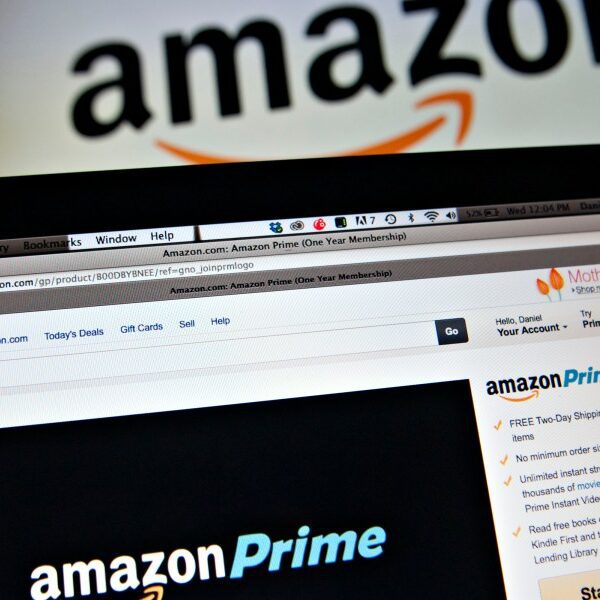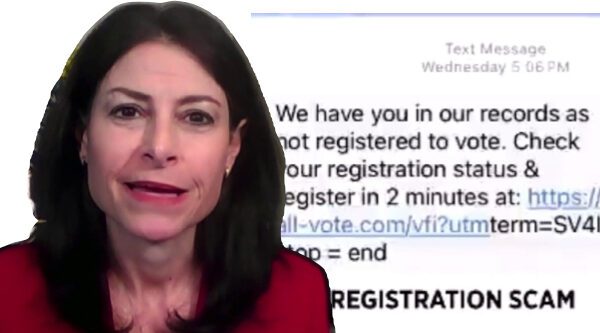Hey, remember when Elon Musk vowed to defeat the bots “or die trying” when he took over at X?
If our twitter bid succeeds, we will defeat the spam bots or die trying!
— Elon Musk (@elonmusk) April 21, 2022
That was shortly after Musk initiated a court battle with former Twitter management over what he claimed were false figures relating to Twitter’s bot count. Twitter had long held that around 5% of its active users were bots, but Musk claimed, based on his team’s research, that it was more like 30%.
So how are those bot battling efforts going?
Well, seemingly, not great.
According to reports this week, X was a key facilitator in amplifying a fake story about the wife of the Ukranian President buying a Bugatti with U.S. aid funds, while the Justice Department has also identified X as the host of a Russian-backed bot farm, designed to sway opinion about Russian interests.
The first incident relates to a Russia-based disinformation network which has been seeding stories to sway Western audiences.
One of these reports, shared in a made up news publication, suggested that Olena Zelenska, the wife of Ukrainian president Volodymyr Zelensky, recently put in an order for a Bugatti while on a trip to France.
That report was quickly amplified on X, via the “Doppelganger” bot network.
As reported by Wired:
“At that point, Bugatti had issued a statement debunking the story. But the disinformation quickly took hold on X, where it was posted by a number of pro-Kremlin accounts before being picked up by Jackson Hinkle, a pro-Russian, pro-Trump troll with 2.6 million followers. Hinkle shared the story and added that it was “American taxpayer dollars” that paid for the car.”
That, eventually, saw the story trending on some news services, because it had effectively been legitimized through amplification, specifically via large X accounts.
So why wasn’t it caught sooner, and restricted by X?
Well, there are many potential failures in this respect, and not all of them can be pinned on X specifically. But X’s increasing reliance on crowd-sourced fact-checking via Community Notes, as opposed to internal moderation staff, as well as its more hands-off approach to making calls on such, likely played a part in enabling this hoax to gain momentum.
And that could be just one of many, based on the second report.
Today, the Justice Department announced the seizure of two domain names, as well as a search of 968 social media accounts, which had been used by Russian actors to “create an AI-enhanced social media bot farm that spread disinformation in the United States and abroad”.
As per The Justice Department:
“The social media bot farm used elements of AI to create fictitious social media profiles, often purporting to belong to individuals in the United States, which the operators then used to promote messages in support of Russian government objectives.”
The network was created by the former deputy editor-in-chief of RT, a state-run Russian news organization.
And the primary network on which this bot farm operated? You guessed it.
To be fair, the Justice Department also notes that X had already identified and suspended a significant number of the bot profiles before it took action, and X also removed all of the accounts identified by the Department once they were published.
But again, it does suggest that X still has some bot problems to deal with, and that Musk’s bot battling pledge may be tougher to enact than he initially anticipated.
Which, of course it is. Every platform has been working for years to combat bots and spam, and both are still present in all apps. The truth is that tackling bots is hard, and while Elon likely did have some ideas on how to defeat them, the problem is, bad actors adapt, and every solution leads to a new shift in how they operate.
Which is why many were skeptical of Musk’s boastful bot eradication claims, with his initial plan seemingly hinging on every human user signing up to X Premium, thereby making bots stand out in-stream.
That was never going to happen, and the question now is, of X’s 250 million daily active users, how many of them actually are bots?
Is it 5%, as Twitter claimed, or 30%, as Musk once said?
We may never know, because X is not a publicly listed company, and as such, it doesn’t have to provide public reports on its performance.
But it does seem like bots are still targeting the app, in order to fuel dis and misinformation.

